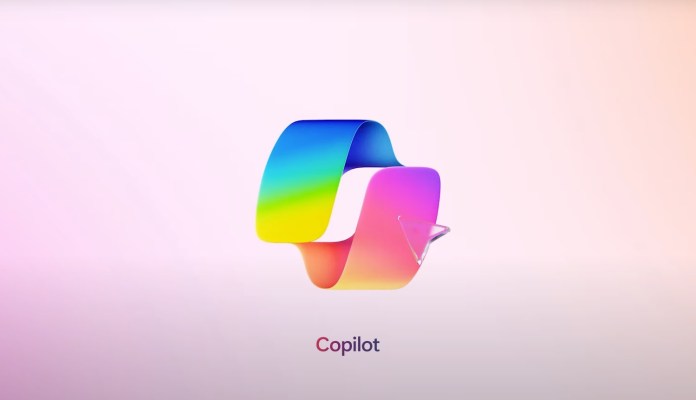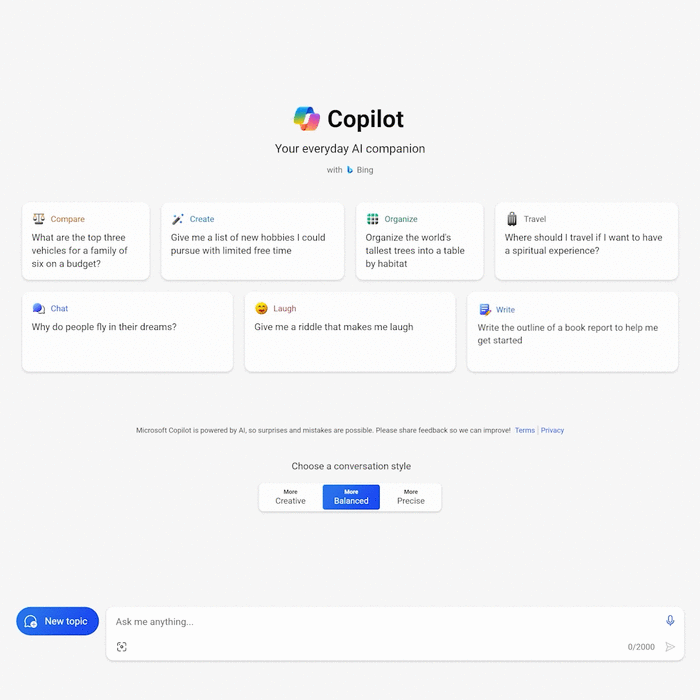Microsoft Copilot gets a music creation feature via Suno integration | TechCrunch
[ad_1]

Microsoft Copilot, Microsoft’s AI-powered chatbot, can now compose songs thanks to an integration with gen AI music app Suno.
Users can enter prompts into Copilot like “Create a pop song about adventures with your family” and have Suno, via a plugin, bring their musical ideas to life. From a single sentence, Suno can generate complete songs — including lyrics, instrumentals and singing voices.
Copilot users can access the Suno integration by launching Microsoft Edge, visiting Copilot.Microsoft.com, logging in with their Microsoft account and enabling the Suno plugin or clicking on the Suno logo that says “Make music with Suno.”
“We believe that this partnership will open new horizons for creativity and fun, making music creation accessible to everyone,” reads a post published on the Microsoft Bing blog this morning. “This experience will begin rolling out to users starting today, ramping up in the coming weeks.”
Tech giants and startups alike are increasingly investing in gen AI-driven music creation tech. In November, Google AI lab DeepMind and YouTube partnered to release Lyria, a gen AI model for music, and Dream Track, a limited-access tool to build AI tunes in YouTube Shorts. Meta has published several of its experiments with AI music generation. Elsewhere, Stability AI and Riffusion have launched platforms and apps for creating songs and effects from prompts.

Image Credits: Microsoft
But many of the ethical and legal issues around AI-synthesized music have yet to be ironed out.
AI algorithms “learn” from existing music to produce similar effects, a fact with which not all artists — or gen AI users — are comfortable, especially in cases where artists don’t consent to having an AI algorithm train on their music and didn’t receive compensation for it. Stability AI’s own gen AI audio lead quit after saying that gen AI “exploits creators,” and the Grammys have banned fully AI-generated song from consideration for awards.
Many gen AI companies argue that fair use excuses them from having to pay artists whose works are public — even if they’re copyrighted. It’s uncharted legal territory, however.
For its part, Suno doesn’t reveal the source of its AI training data on its website — nor does it block users from entering prompts like “in the style of [artist],” unlike some other gen AI music tools.
As the usage rights issued get hashed out in the courts, homemade tracks that use gen AI to conjure familiar sounds that can be passed off as authentic — or at least close enough — have been going viral. Music labels have been quick to flag them to streaming partners, citing intellectual property concerns — and they’ve generally been victorious. But gen AI tool creators have simply migrated elsewhere, underground.
Clarity on the legal status of gen AI music may arrive soon — if not from court decisions. A newly introduced Senate bill would give artists, including musicians, recourse when their digital likenesses, including their musical styles, have been used without their permission.
[ad_2]




